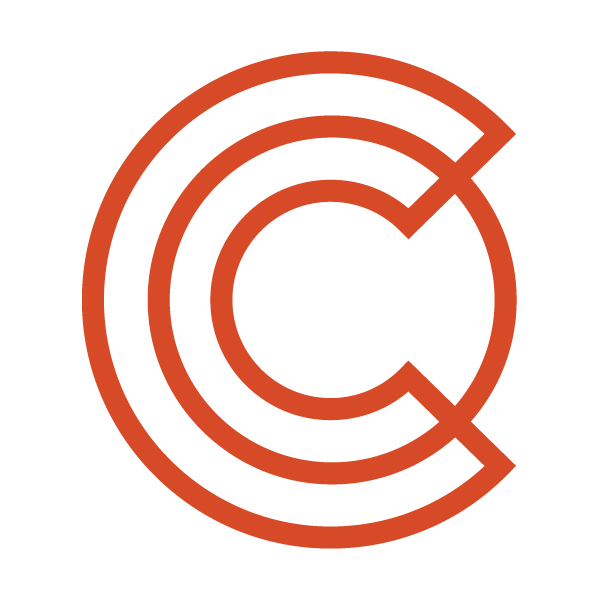Winning a Heritage Award: Strong Demand for Yaopeng Zhou's eye-care model
Since 2016, Heritage Provider Network and Crain’s Custom Studio—a division of Crain’s New York Business—have honored more than 60 individuals and organizations that have transformed the way healthcare is delivered in New York City. Crain’s Custom caught up with four past winners to inspire the new crop of 2019 award hopefuls. Nominations are now open here.
Yaopeng Zhou won the Heritage Technology Innovator Award in 2016 in recognition of how Smart Vision Labs leveraged technology to create scalable improvements in healthcare delivery. Smart Vision Labs boosts access to vision care using mobile vision technology: a device that can test a customer’s vision in a store, without the need for an ophthalmologist or optometrist to be present. The mobile device generates an accurate prescription that is sent to a state-licensed professional for review, and the customer receives an emailed prescription within 24 hours.
“Convenience is the selling point,” said Zhou, Smart Vision Labs’ co-founder and chief executive officer.
The company’s unique mobile technology removes many of the barriers patients face in accessing an eye exam. New Yorkers, of course, are accustomed to having an optometrist in most neighborhoods. But that’s not the case in much of the country. Zhou recalls how, at one rural North Carolina location, people often waited eight weeks to score an appointment with an eye specialist. After the store became a Smart Vision Labs customer, even walk-ins could get an eye exam with no delay.
Winning the Heritage award in 2016 put Smart Vision Labs’ innovation in front of many more eyeballs, literally and figuratively. Its technology is used in more than 110 optical stores. Before the Heritage award, the Manhattan company’s product was only available at a few Queens opticians. Today, some 140,000 exams later, Smart Vision Labs products are available at 40 JCPenney locations, five Century 21 department stores, and in 25 countries.
“Two years ago we were still a startup,” said Zhou. “Winning a prestigious award opened the company to a lot of interest.”
Smart Vision Labs raised $6.1 million in 2015, in a round led by TechStars Ventures, and hasn’t needed to tap additional funding since. Most of its revenue is generated by a telehealth model. During a five-minute eye exam that can be administered by a store employee—only light training is needed to operate the product—a few photos of each eye provide data on nearsightedness, farsightedness, and astigmatism. That information is reviewed by off-site eye specialists. Smart Vision Lab earns revenue by charging optical stores $25 to provide its eye exams.
